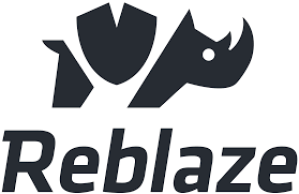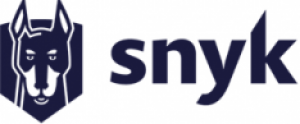Devops
Showing all 4 results
DevOps
DevOps software is a combination of software engineering and information technology (IT) operations. DevOps is a set of practices and methodologies that help organizations improve their software delivery processes. DevOps is about automating everything that happens between building software and deploying it at scale.
The best DevOps tools is a way of working that emphasizes collaboration, communication, openness, and shared responsibility among teams who build products using Agile methods. DevOps is not a single methodology, toolset, or even a specific role. Instead, it’s a mindset and a culture where people work together to automate and simplify the deployment, testing, and production of applications.
The goal of DevOps is to create a continuous flow of value throughout the entire application lifecycle. By adopting and monitoring tools in DevOps, companies gain the following benefits:
Continuous Integration –
Continuous integration means that developers integrate code frequently and automatically. This helps ensure that changes don’t break existing functionality.
Continuous Delivery –
Continuous delivery means that developers deploy code continuously to staging environments before it goes live. This ensures that features go out to customers as soon as they’re ready.
Automation –
Automation means that developers use tools to automate repetitive tasks. These tools make it easier to test, debug, and monitor applications.
Self-service –
Self-service means that developers can easily access and modify any aspect of their environment. This makes it easier to manage infrastructure and keep track of changes.
Responsiveness –
Responsiveness means that developers respond to customer feedback quickly. This keeps customers happy and encourages them to provide feedback.
Security –
Security means that developers secure their own systems and those of their teammates. This reduces security risks and increases trust.
Efficiency –
Efficiency means that developers spend less time managing infrastructure and more time developing. This results in higher quality code and faster deployments.
Scalability –
Scalability means that developers can add capacity without having to hire additional staff. This enables them to meet demand while keeping costs down.
Productivity –
Productivity means that developers have more time to focus on what matters most: writing great code.
Questions and Answers
1. What is DevOps software?
The word ‘dev’ means developer and ‘op’ means operator. So, DevOps refers to the practice of automating the entire software development lifecycle (SDLC) and integrating it with the operational processes. DevOps is not just a technology; it’s a culture change.
2. What do Devops tools help in the business?
DevOps is a way to make developers and operators work together to create applications. DevOps is a collection of tools and practices that help organizations build great products faster and easier.
3. How is DevOps software implemented in the requirements?
DevOps is a set of practices that help software teams improve their processes and deliver higher quality code faster. In this video we discuss how DevOps is implemented in the requirements phase.
4. What are types of DevOps ?
DevOps is a way to bring together developers and operators to work together effectively. DevOps is about collaboration between teams and organizations.
There are three types of DevOps:
1. Continuous Integration (CI)
2. Continuous Delivery (CD)
3. Continuous Monitoring (CM)




